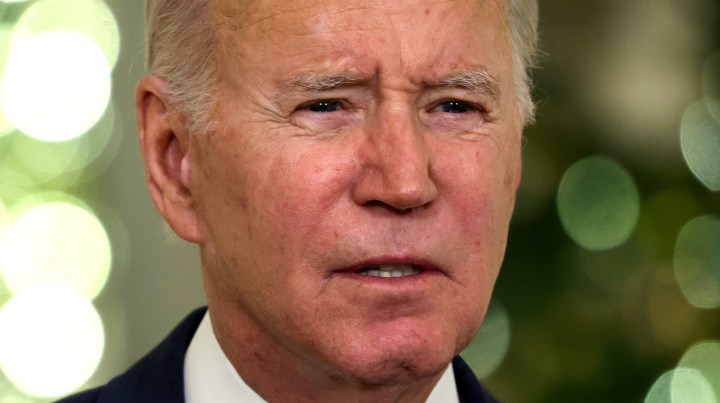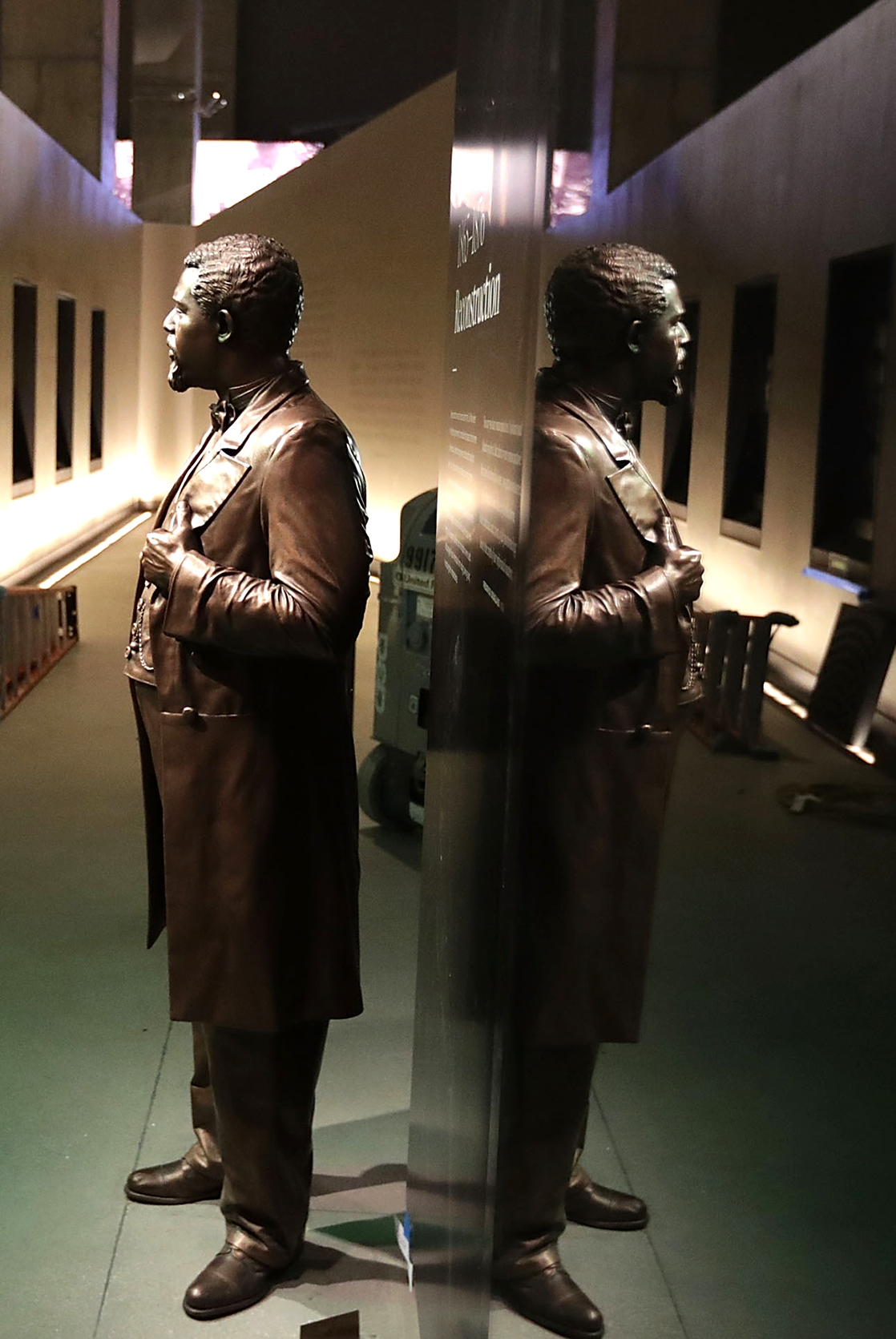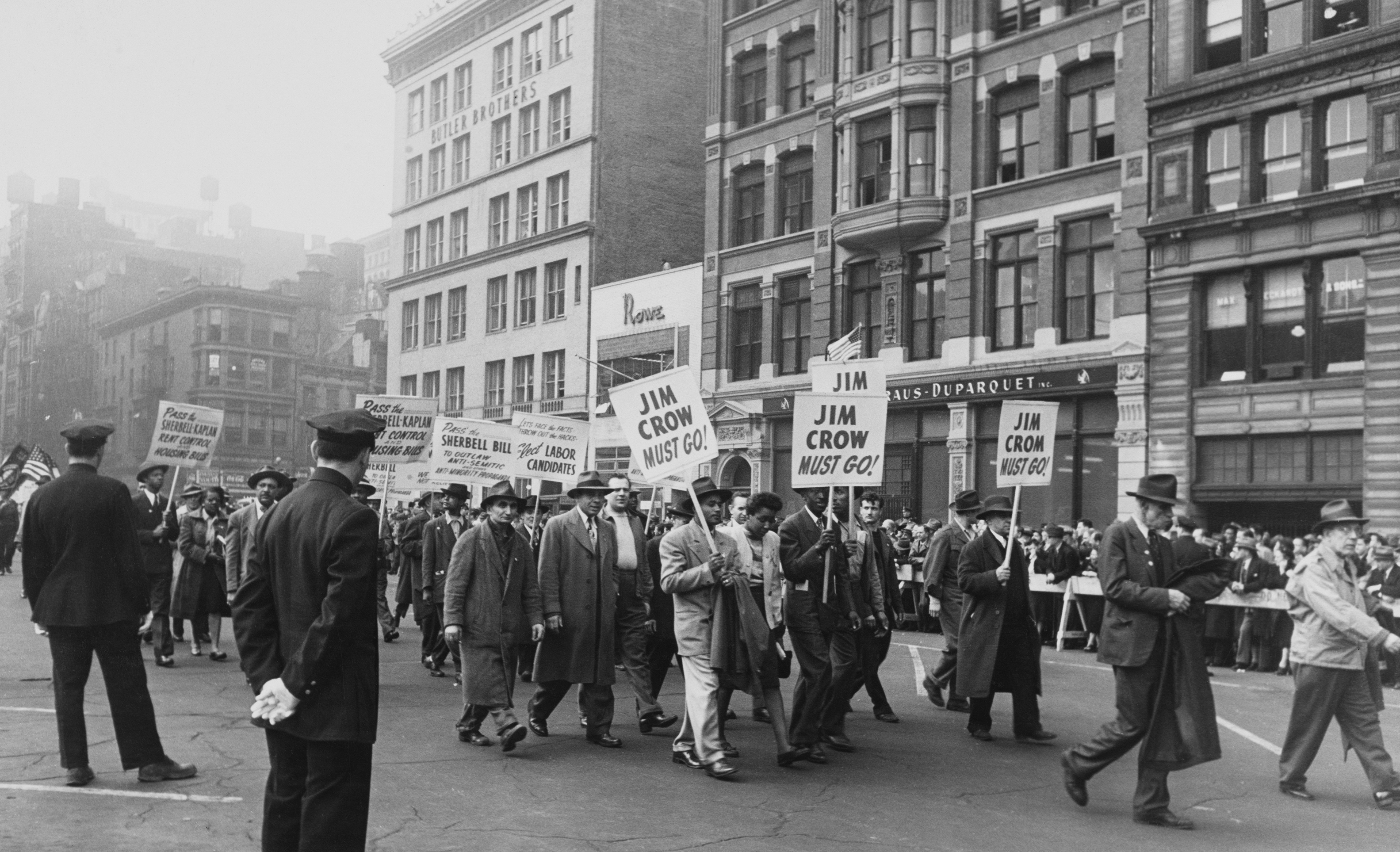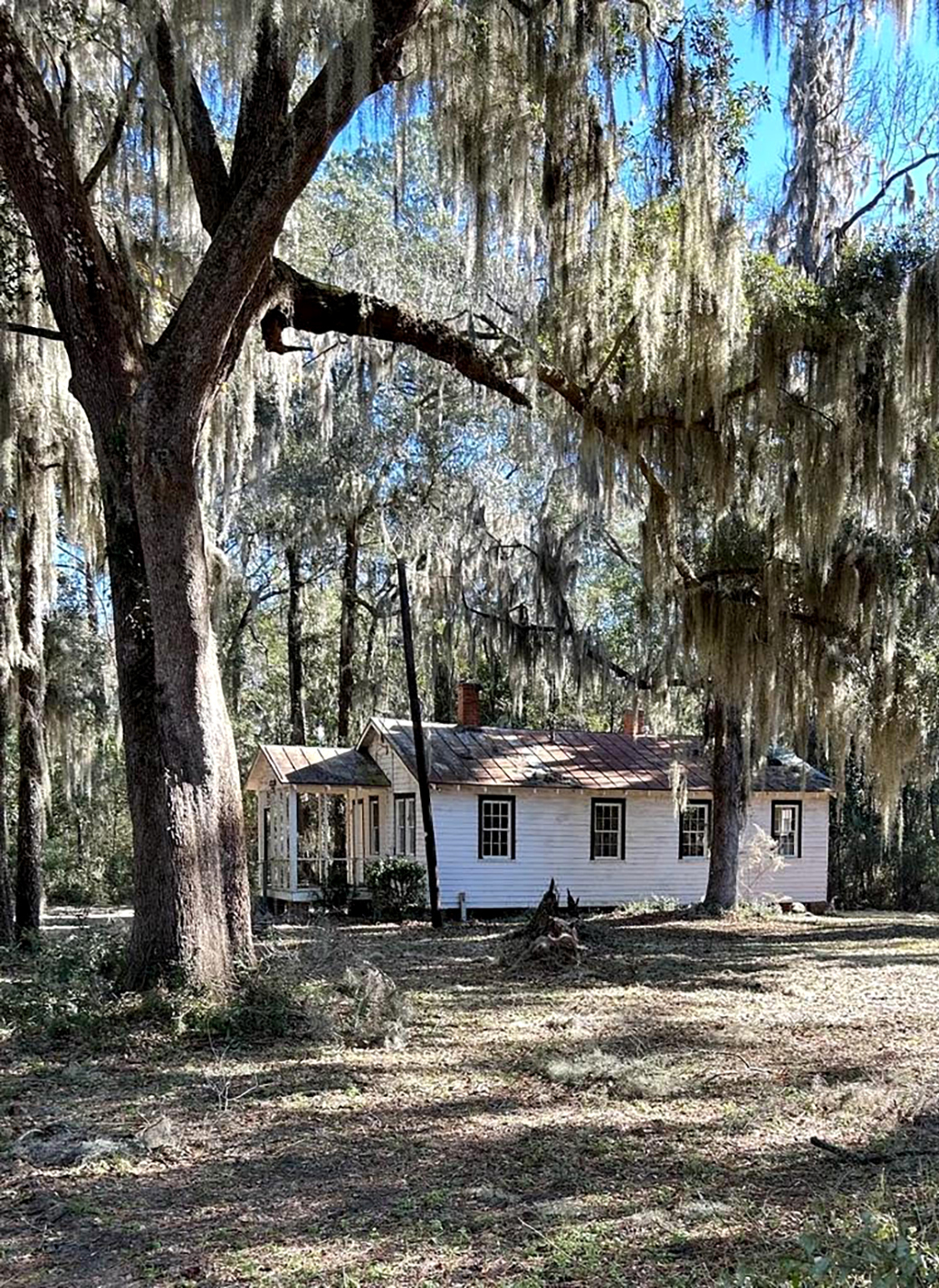ANALYSIS
Biden’s move on presidential primaries to empower African American voices bends the moral universe, just a little bit

The move by president Joe Biden to break with tradition by endorsing the move of the presidential primaries to South Carolina is a resounding first step towards diluting the suppression of African American voices in the Southern States.
President Joe Biden shook the political establishment last month by declaring his support for moving the Democratic Party’s first presidential primary to South Carolina, granting it an outsized role in choosing the party’s candidate next year, the person very likely to become the next president of the United States.
Biden wants to scrap the 100-year-long tradition in which the predominantly white states of New Hampshire and Iowa have gone first, in favour of a state in which most Democrats are black.
The change will bring primary season into line with reality. It was Barack Obama’s win in South Carolina in 2008 that put him on course for the presidency. And in 2020, Biden’s candidacy was dead in the water until South Carolina Congressman Jim Clyburn, the most powerful black voice in Congress, threw his support behind him. Biden’s victory in South Carolina opened the floodgates for the rest of the party, drowning Bernie Sanders’ challenge.
South Carolina has established itself as a unique bellwether of the base of the Democratic Party.
The rich and often violent history of the state can be witnessed through the story of Robert Smalls. As a 23-year-old enslaved person during the Civil War in 1862, he led a slave crew that daringly stole and piloted a Confederate transport ship out of the heavily armed Charleston Harbour and delivered it to the Union navy. He went on to become one of the first black navy maritime pilots and a war hero.
Charleston was a particularly symbolic place to stage such an action: some 40% of the Africans that were brought in shackles to North America came through the port of Charleston, more than any other entry point. The first shots of the Civil War were fired by Confederate rebels at federal troops on Fort Sumter in the middle of Charleston Harbour.
Robert Smalls grew up in a culture that maintained a strong cultural link with Africa. The enslaved people of South Carolina’s Lowcountry developed their own language, Ngullah, a Creole composed of African words that is still spoken to this day.
Many Ngullah words are from Kimbundu, a language of Angola, reflecting the fact that more slaves came to South Carolina from Angola than anywhere else.
After the war, Smalls became one of the founders of the Republican Party in South Carolina (back then the Republicans, the party of Abraham Lincoln, were the good guys) and was elected first to the South Carolina legislature and then to the US Congress where he served five terms, campaigning against segregation and for free and compulsory public education.
This was the era of reconstruction after the Civil War, a brief dawn of freedom for black Americans that provoked an extraordinarily fierce and bloody backlash. Throughout the South paramilitary groups such as the Ku Klux Klan and the Red Shirts terrorized black communities and white sympathisers, lynching and murdering thousands of black people who wanted to vote.

A statue of former slave and member of the US House of Representatives Robert Smalls (R-SC) on display on the concourse level galleries at the Smithsonian’s National Museum of African American History and Culture on 14 September 2016. (Photo: Chip Somodevilla / Getty Images)
It ended with a brutal form of apartheid known as Jim Crow that was implemented for almost a hundred years.
Robert Smalls was a leading promoter at the convention that ratified the first South Carolina constitution in 1868 granting equal rights to blacks — and, humiliatingly, he returned in 1895 as part of a small Republican delegation outnumbered by white supremacists who stripped blacks of voting rights by the supreme insult of using an “intelligence” test to deny them the vote.
His closing speech to the convention fell on deaf ears: “My race needs no special defence, for the past history of them in this country proves them to be as good as any people anywhere. All they need is an equal chance in the battle of life.”
It was not until 1965 when Lyndon Johnson passed the Voting Rights Act that the franchise was restored to blacks in the South.
Visit Daily Maverick’s home page for more news, analysis and investigations
By then the demographics had changed. Many people had fled the discriminations and indignities of life in South Carolina to join the great migration to Detroit and the cities of the north. From being one of only two states in the US where blacks outnumbered whites, today less than a third of the people of South Carolina are African American.
Robert Smalls, war hero and champion of democracy, died in 1915, not widely remembered outside his own community. In his last years, he rescued two young men from being lynched by a white mob.
He died in an era when monuments and statues to Confederate generals were being constructed all over the South and Hollywood celebrated the Ku Klux Klan with its first great blockbuster Birth of a Nation.
Last Sunday, 1 January, was the 160th anniversary of the Emancipation Proclamation that freed slaves in the South, but the Civil war has never been laid to rest. Driving through the coastal South one passes a giant Confederate flag fluttering above the major interstate highway. Military bases along the route are still named after Confederate generals AP Hill and Braxton Bragg (Fort Bragg is one of the largest military installations in the world).
A billboard in South Carolina loudly accuses the “Yankee army” of Union General Tecumseh Sherman, who led the march into the Deep South and the capture of Atlanta, of being “terrorists, arsonists and thieves”.
The Confederate flag was only taken down from the South Carolina capital in 2015 after a 21-year-old white supremacist, Dylann Roof, who idolised apartheid South Africa and Rhodesia, massacred nine black churchgoers during a prayer service at the historic Emanuel African Methodist Episcopal Church in Charleston.
The struggle over the removal of Confederate statues and symbols is ongoing, a recognition that to win the present one has to take on the past.
The South Carolina legislature passed a law last year banning the teaching of “critical race theory” in schools — more an attempt to prevent white children from being exposed to some of the ugly truths and crimes of their ancestors than to banish a non-existent part of the school curriculum.

Protestors carrying placards reading ‘Pass the Sherbell-Kaplan Rent Control and Housing Bills,’ ‘Pass the Sherbell Bill to Outlaw Antisemitic and other Anti-Minority Propaganda,’ ‘Let’s Face the Facts, Throw Out the Hacks, Elect Labor Candidates,’ and ‘Jim Crow Must Go!’ during a May Day parade, possibly in New York City, New York, circa 1947. (Photo: European / FPG / Archive Photos / Getty Images)
The white supremacist descendants of the Confederacy have found a home in the Republican Party where, inspired by the demagoguery of Donald Trump, they have moved from the margins of society to constituting a vocal part of his “base” where they continue to menace American political life.
Robert Smalls is buried in the Tabernacle Baptist Church in Beaufort on St Helena Island — down the road from the Penn Centre, the first school in the South established in 1862 for the children of enslaved Africans. Smalls played a big role in developing the school.

Gannt Cottage in Beaufort. (Photo: Jennifer Cooke)
Tucked away in a corner of the complex, obscured by oaks and hanging Spanish moss, is the small spare cottage where Martin Luther King Junior wrote his “I have a dream” speech and where the march on Washington in 1963 was planned.
The cottage was built with donations from Hastings Gantt, a freed slave turned businessman. One wonders what inspiration Dr King drew from this humble space as he set down the words that were to become one of history’s greatest speeches. It was not just a cry against injustice but a call to action, to “hew out of the mountain of despair a stone of hope.”
Dr King also said: “The arc of the moral universe is long, but it bends toward justice.” There are those who take the repeated disappointments of life as a reason to be sceptical of these words.
But the fact that the marginalised descendants of brutalised and enslaved people now get to pick the president of the United States proves that sometimes the universe does bend just a little bit. DM
Phillip van Niekerk spent 20 years as a journalist in South Africa, working as an Africa correspondent for the London Observer and Editor of the Mail & Guardian from 1996 to 2000.

















 Become an Insider
Become an Insider
Good story, Philip. Perhaps should be read in tandem with our own piece on slavery and its aftereffects and current developments as well in the US and elsewhere?